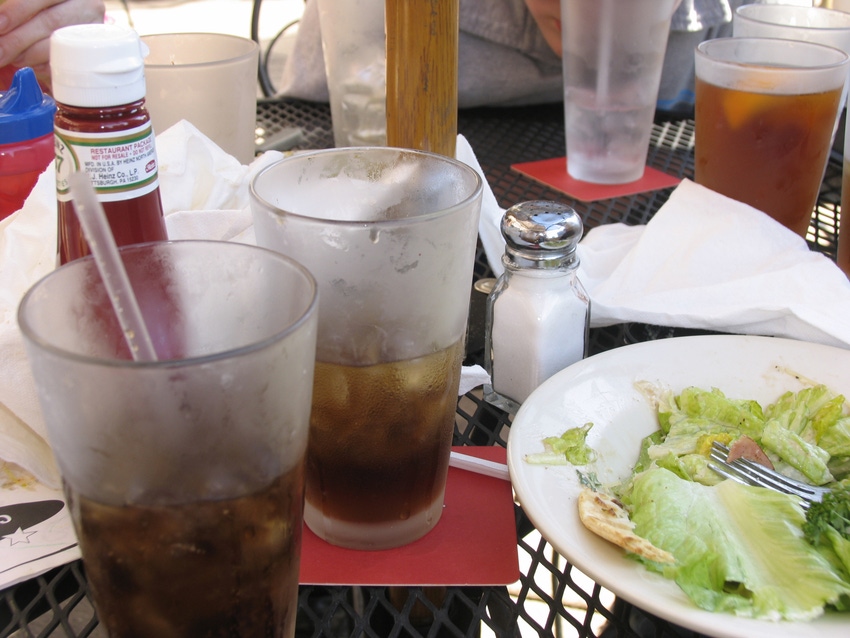Food waste worries appear to vanish when diners know scraps go to compost
Efforts to educate diners and repurpose leftovers cancel each other out, study finds.

Diners waste far less food when they understand the implications of their actions, but a new study found that if they know the food is going to be composted instead of dumped in a landfill, they aren’t as concerned.
When composting enters the picture, educated diners waste just as much as those who haven’t learned about the consequences of food waste.
This presents a tricky situation for policy-makers figuring out how to manage food waste, because the top tactics are prevention (through education) and diversion (through composting), said lead researcher Danyi Qi, a graduate student in agricultural economics at The Ohio State University.
“When you do both, they cancel each other out; they work at cross-purposes,” said Qi, who is presenting the findings this week at the annual meeting of the Allied Social Science Associations in Chicago, Ill.
The discovery could help shape decisions by government, businesses and others looking to chip away at the vast amount of food that lands in trash cans instead of on the tables of those in need, said Qi and co-author Brian Roe, a professor of agricultural, environmental and developmental economics in the College of Food, Agricultural & Environmental Sciences and a member of Ohio State’s Food Waste Collaborative, which is exploring ways to reduce waste and create a more sustainable food system.
Qi and Roe recruited 266 students, staff, faculty and Columbus, Ohio, residents to participate in the study, which took place over two months in the summer of 2016. The participants were monitored during a meal provided by the researchers. The diners didn’t know what the study was about specifically -- just that the research team was examining eating behavior.
Participants were given informational cards with either education on the harms of food waste or on financial literacy. About half of both of those groups were told that leftovers would be composted and that it would reduce methane emissions and provide nourishment for plants. The other half were told that their uneaten food was destined for a landfill.
The participants could take as much food as they wanted in a single trip. They chose from sandwiches, chips and apple slices. Neither sharing nor doggy bags were permitted. The researchers weighed the diners’ trays after the meal to determine how much food the study subjects left behind.
Education in the absence of composting had a marked effect. The diners who had read about the harm related to waste left behind almost 77% less as a group than those who had received the financial literacy material. The educated diners were 39% more likely to clean their plates.
However, the benefits of food-waste awareness vanished when the study participants knew their uneaten food was going to a “good” place.
“We were very curious if these common policies work in harmony or in conflict,” Qi said. “It seems that if they feel that the social and environmental cost is lower, they may feel less guilty, and that may cause them to waste more.”
The trouble is that composting comes at a financial and societal cost, and policy-makers are striving to find ways to limit waste, regardless of where it will end up, Qi said.
Roe said the study results are likely to be most useful to foodservice institutions seeking ways to address waste.
“There are many new and innovative approaches being proposed to reduce food waste and to minimize its environmental impact. However, there exists little thought about whether various approaches are complementary or competitive,” he said. “This study is one of the few to consider how various approaches might interact.”
For individuals looking to be good environmental stewards, the study highlights the importance of first attempting to limit waste. Composting or donating unused food is great, but buying and preparing only what you’ll eat is better, Roe said.
In addition, “if someone else says they will do something positive with food scraps, it shouldn’t diminish your own good intentions and efforts to reduce food waste,” he said.
About the Author(s)
You May Also Like


